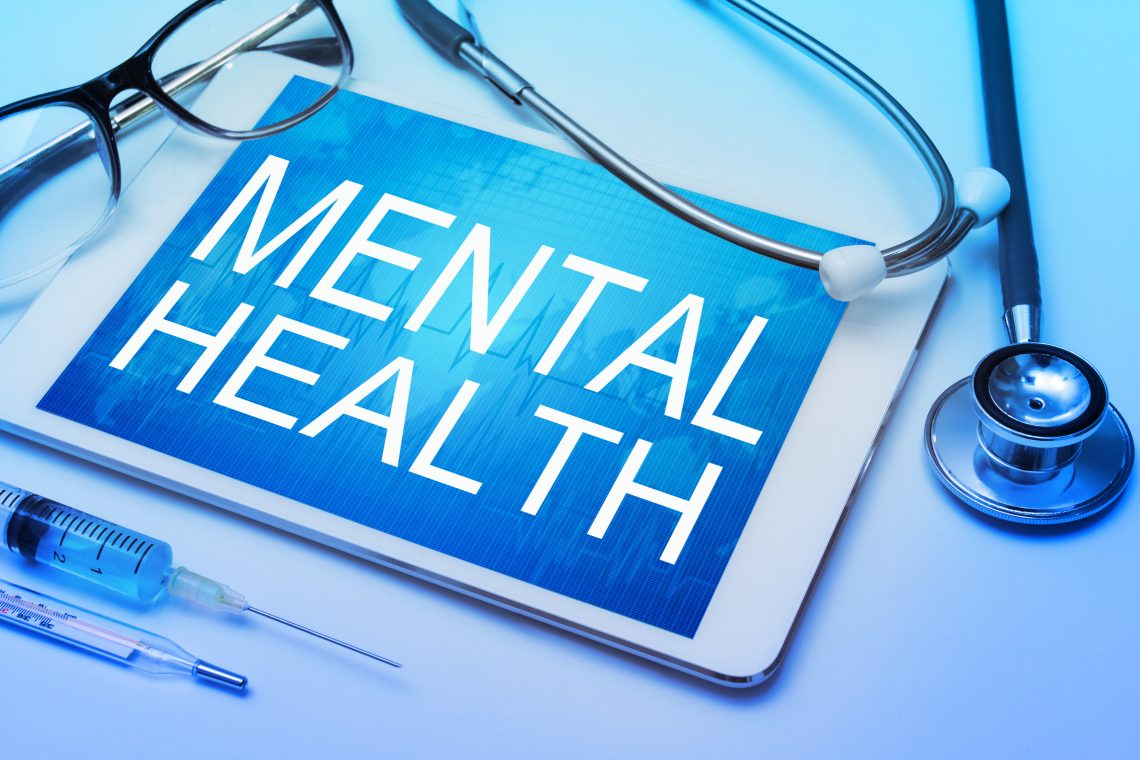Mental Illness or Substance Abuse
The intricate association between mental illness and substance abuse has confounded researchers, clinicians, and policymakers for years. The fundamental question of whether one precedes the other critical significance, shaping prevention, treatment, and support strategies.
The Complex Interplay
The relationship between mental illness and substance abuse resembles the classic “chicken and egg” paradox. This can make it challenging to determine which one takes the lead when working on a dual diagnosis treatment plan. Some individuals might experience the onset of mental health disorders due to substance abuse. Others resort to substances as a means of coping with pre-existing mental health challenges.
Substance-Induced Mental Disorders
 Substance abuse can directly trigger the emergence of mental health disorders. Many substances can profoundly impact brain chemistry. This can lead to symptoms of depression, anxiety, or even psychosis. This is referred to as substance-induced mental disorders.
Substance abuse can directly trigger the emergence of mental health disorders. Many substances can profoundly impact brain chemistry. This can lead to symptoms of depression, anxiety, or even psychosis. This is referred to as substance-induced mental disorders.
Individuals who habitually abuse alcohol may exhibit depressive symptoms while intoxicated or during withdrawal. The use of amphetamines or cocaine can incite feelings of anxiety and paranoia. In these instances, it is evident that substance abuse precedes the onset of mental health issues.
Self-Medication and Coping
Individuals grappling with pre-existing mental health disorders may resort to substances as a form of self-medication. Often this is done in an endeavor to momentarily escape emotional anguish or numb psychological distress. This coping mechanism can establish a cycle of addiction, where substance abuse exacerbates the underlying mental health issues, further complicating the path to recovery.
The Influence of Genetics and Vulnerability
The interplay between mental illness and substance abuse is not solely a matter of timing. It is profoundly influenced by genetic predisposition and vulnerability. Some individuals may inherit a genetic susceptibility to both mental illness and addiction. This can elevate the risk of developing both conditions regardless of the sequence of onset.
Environmental factors also wield substantial influence in this context. Growing up in an environment where substance abuse is prevalent can heighten the likelihood of developing an addiction while experiencing trauma or adverse life events can contribute to the emergence of mental health disorders.
The Inescapable Cycle

Photo by on Pexels
Irrespective of which condition emerges first, the concurrent presence of mental illness and substance abuse frequently establishes a relentless cycle that is arduous to break. Substance abuse exacerbates mental illness symptoms, leading to a deterioration of overall mental health, while the presence of a mental health disorder can significantly impede efforts to overcome substance abuse.
Treatment and Support
Effectively addressing the intertwined challenges of mental illness and substance abuse often necessitates a dual-diagnosis approach. This approach acknowledges the intricate interplay between these two issues and seeks to address both simultaneously. Treatment options may include the following.
- Medication management: In certain cases, medication may be prescribed to manage mental illness symptoms and support recovery from substance abuse.
- Support groups: Peer support proves invaluable for individuals navigating the complexities of dual diagnosis. It allows them to connect with others facing similar challenges and derive strength from shared experiences.
- Holistic approaches: Incorporating holistic practices like mindfulness, exercise, and nutritional support can empower individuals to manage symptoms and diminish the risk of relapse.
Prevention and Education
Preventing the co-occurrence of mental illness and substance abuse commences with raising awareness and providing education. Society needs to be well-informed about the risks and warning signs associated with both issues. Early intervention, especially during adolescence, plays a pivotal role in reducing the likelihood of individuals developing these interconnected conditions.
Determining whether mental illness precedes substance abuse or vice versa is a complex matter with no singular answer. The relationship between these phenomena is intricate and unique to each individual. Nevertheless, their frequent co-occurrence necessitates a comprehensive approach to treatment and support. By comprehending the factors contributing to this interplay and adopting a holistic perspective on prevention and treatment, we can better address the needs of individuals confronting these intertwined challenges, enhancing their prospects for recovery.
Read more mental health articles at ClichéMag.com
Images provided by Deposit Photos, BingAI, Adobe Stock, Unsplash, Pexels, Pixabay & Creative Commons




